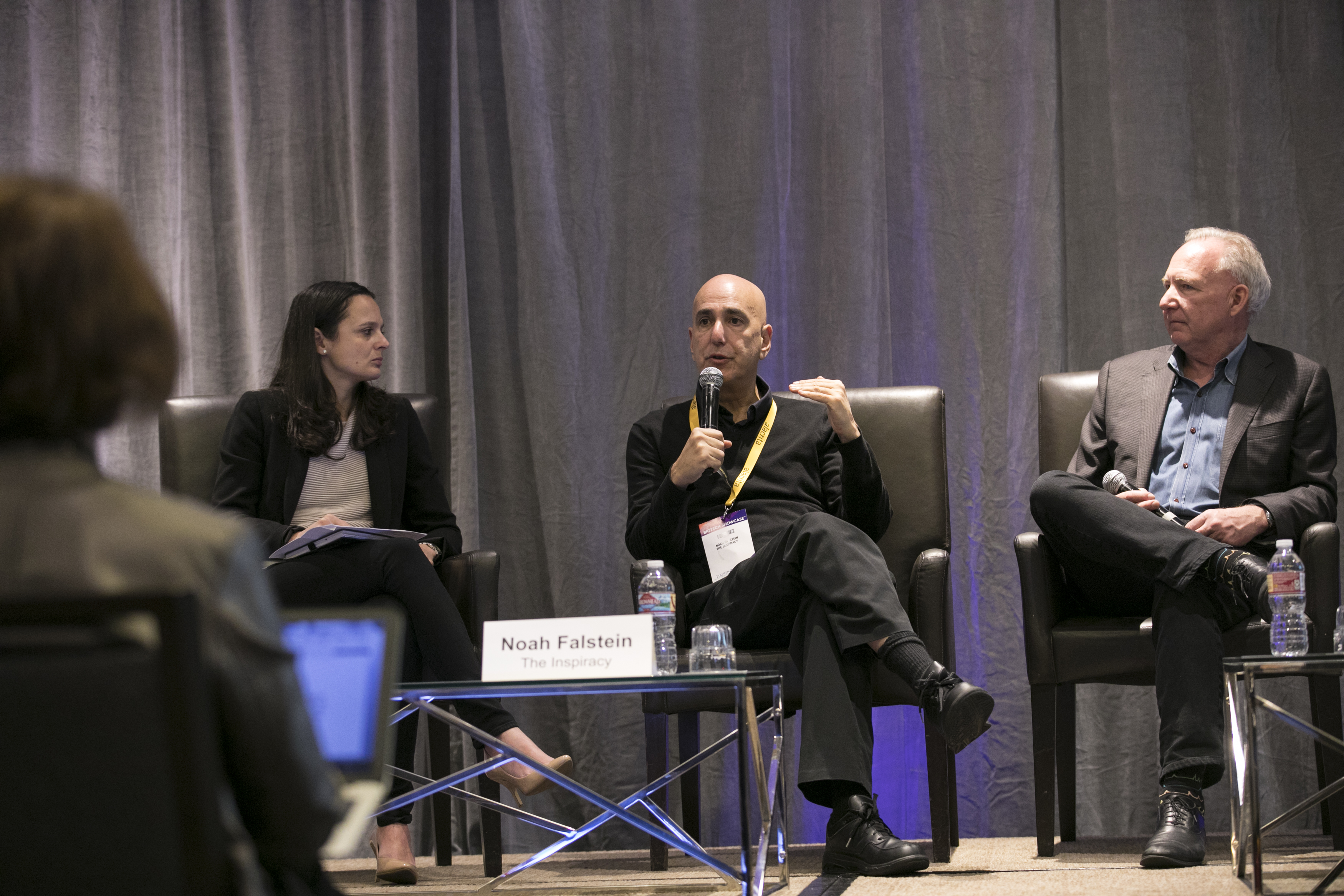Digital games and virtual reality applications will fundamentally change patient care because they are immersive, engaging, and amazingly effective at changing patient behaviors.
Virtual reality games already are being used to train patients to move beyond their pain, modify behaviors, and conquer fears. Now those apps are on the verge of being used as part of synergistic healthcare ecosystems, according to panelists at the Digital Medicine & Medtech Showcase January 10 in San Francisco.
 Thomas R. Insel, co-founder and president, Mindstrong Health, and former director of the National Institute of Mental Health, sees serious games as a public health mission that, though measurement-based technologies, can identify people who need treatment. “There are some 1,000 cognitive biomarkers (based on changes in typing and scrolling patterns) from smart phone use that serve as surrogate markers,” for mental health and neurodegenerative diseases, Insel says. Similar biomarkers have been identified in gameplay.
Thomas R. Insel, co-founder and president, Mindstrong Health, and former director of the National Institute of Mental Health, sees serious games as a public health mission that, though measurement-based technologies, can identify people who need treatment. “There are some 1,000 cognitive biomarkers (based on changes in typing and scrolling patterns) from smart phone use that serve as surrogate markers,” for mental health and neurodegenerative diseases, Insel says. Similar biomarkers have been identified in gameplay.
Some areas ripe for gamification include neurorehabilitation, ADHD, autism, cognitive aging, neurodegenerative disease, pain, and, of course, behavior modification. In each case, intensity is necessary to trigger changes.
“A long-term, randomized study of 348 patients with pediatric ADHA showed statistically significant improvements when they played a (designed-for purpose) game,” Noah Falstein, founder, The Inspiracy, says.
 That game actually builds skills in areas where these kids have difficulty, presenting challenges they must accept and others they must ignore. They push people to their limits, so it’s important to program in dynamic difficulty adjustments so they don’t give up and to normalize the games across populations that have varying levels of game-playing abilities.
That game actually builds skills in areas where these kids have difficulty, presenting challenges they must accept and others they must ignore. They push people to their limits, so it’s important to program in dynamic difficulty adjustments so they don’t give up and to normalize the games across populations that have varying levels of game-playing abilities.
Soon, prescribing a game to address cognitive problems will be normal. First, however, the industry must address serious games not as single products, but as one part of a synergistic solution to chronic problems.
As Insel says, “We need to think beyond the app, to a services model.”
Also on the panel were moderator Iana Dimkova, Director, Healthcare Investing, GE Ventures; and Walter Greenleaf, CSO, Pear Therapeutics, Visiting Scholar, Stanford University, and Senior VP at MindMaze.
Want to read more highlights? Click here to read more all of our Biotech Showcase coverage!

